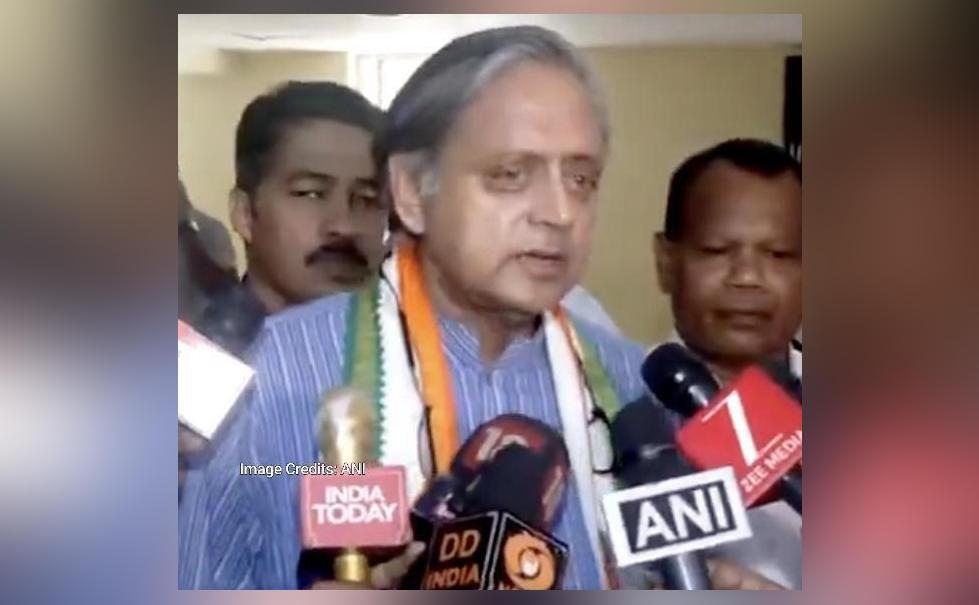
Iran & Israel have been our friends, all we can do is observe: Tharoor
The ongoing conflict between Iran and Israel has been a subject of great concern for the international community, and India is no exception. The situation has become increasingly tense, with over 650 people killed in the conflict so far. In the midst of this chaos, Congress leader Shashi Tharoor has spoken out, stating that both Iran and Israel have been India’s friends, and all that India can do is observe the situation with attention and concern.
Tharoor’s statement comes at a time when the world is grappling with the implications of this conflict. The situation has been escalating rapidly, with both sides trading blows and accusations. The international community has been trying to intervene, but so far, no concrete solution has been found.
India has traditionally maintained good relations with both Iran and Israel. The country has strong economic ties with Iran, particularly in the energy sector. India has also been a vocal supporter of the Iran nuclear deal, which was brokered by the United States in 2015. On the other hand, India has close strategic ties with Israel, and the two countries have been working together on a range of issues, including defense and counter-terrorism.
Tharoor’s statement reflects India’s nuanced approach to the conflict. While India is concerned about the escalation of violence, it does not want to take sides in the conflict. By saying that both Iran and Israel have been India’s friends, Tharoor is highlighting India’s long-standing relationships with both countries. This approach is consistent with India’s policy of maintaining good relations with all countries in the region, regardless of their political or ideological differences.
India’s diplomatic efforts have been focused on trying to reduce tensions and promote dialogue between the two sides. Indian Foreign Minister S Jaishankar has spoken with his counterparts in both Iran and Israel, urging them to exercise restraint and seek a peaceful resolution to the conflict.
The conflict between Iran and Israel is complex and multifaceted. At its core, it is a struggle for regional dominance, with both sides vying for influence in the Middle East. Iran, which is a Shia-majority country, sees itself as the leader of the Shia world, while Israel, which is a Jewish-majority country, sees itself as the defender of the Jewish people.
The conflict has also been fueled by ideological differences. Iran is a theocratic state, while Israel is a secular democracy. Iran’s Islamic Revolution in 1979 marked a significant shift in the country’s political landscape, and since then, Iran has been seeking to spread its revolutionary ideology throughout the region.
Israel, on the other hand, is a country that is deeply concerned about its security. It has been fighting for its survival since its establishment in 1948, and it sees Iran as a major threat to its existence. Israel has been working closely with the United States to counter Iran’s influence in the region, and it has been conducting military operations against Iranian targets in Syria and Lebanon.
The conflict has also had significant humanitarian implications. Over 650 people have been killed in the conflict so far, and thousands more have been displaced. The situation is particularly dire in Gaza, where a humanitarian crisis is unfolding. The United Nations has warned of a “catastrophic” situation in Gaza, where hospitals are overwhelmed and people are struggling to access basic necessities like food and medicine.
In conclusion, the conflict between Iran and Israel is a complex and multifaceted issue that is deeply embedded in regional politics and ideology. India’s approach to the conflict is centered on maintaining good relations with both countries and promoting dialogue and peace. As Tharoor said, India’s role is to observe the situation with attention and concern, rather than taking sides. The international community must work together to reduce tensions and promote a peaceful resolution to the conflict.



